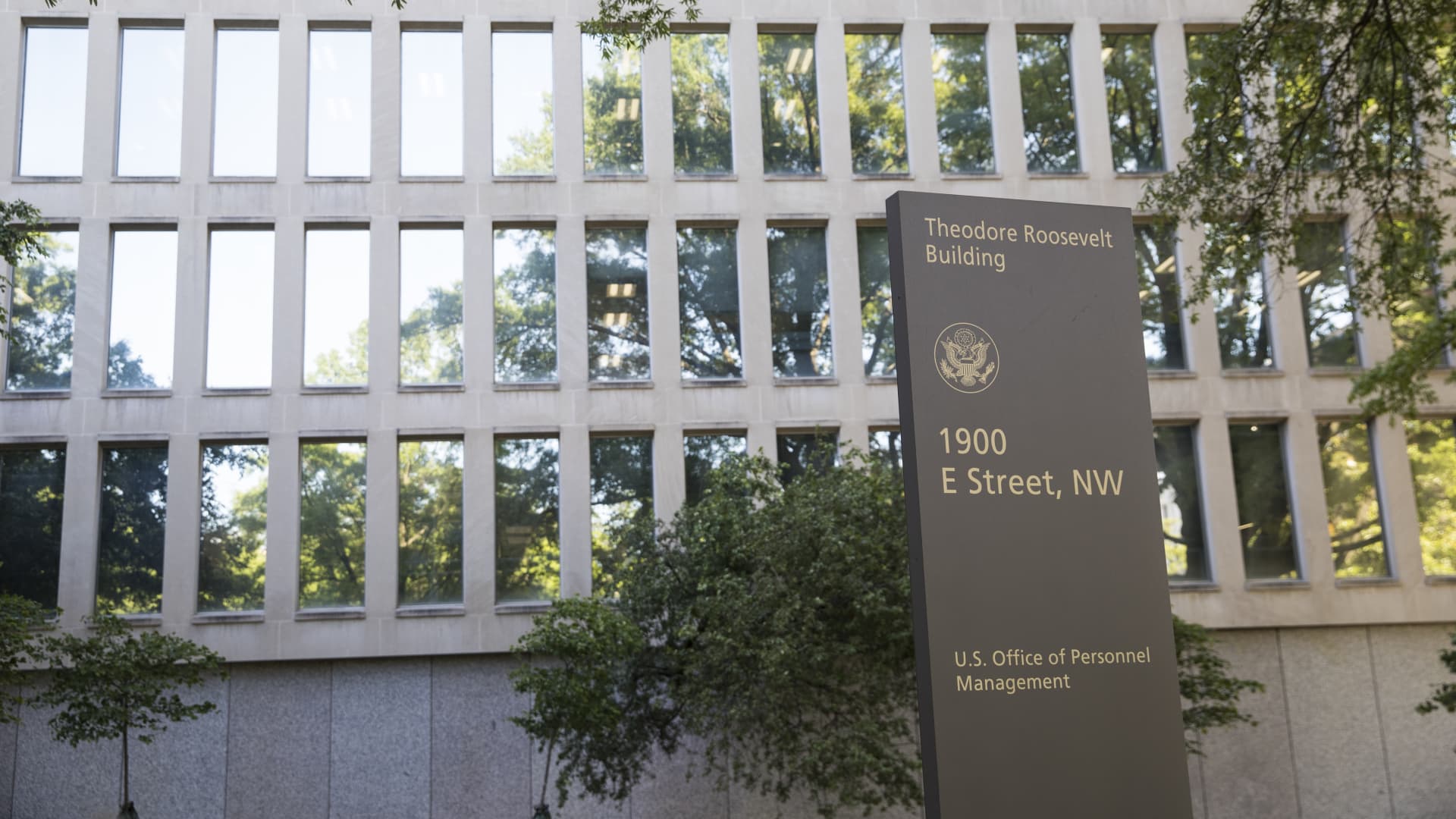On January 6th, 2021, a violent riot took place in Washington, D.C., targeting the United States Capitol. This event abruptly halted the process of certifying the results of the 2020 presidential election, leaving Americans grasping for answers and seeking justice.
In the wake of the attack, a broad investigations effort was initiated. Initiated by the Department of Justice and numerous law enforcement agencies, these efforts aimed to thoroughly examine the different aspects of the events, detain those accountable, and protect the nation against similar incidents in the future.
As the investigation progresses, numerous individuals have been charged with a range of offenses, including rioting, trespassing, and damaging federal property. Although the majority of those in custody have been charged with non-violent misdemeanors like disorderly conduct, several face more severe charges, such as conspiracy to obstruct Congress, assaulting law enforcement officers, and even sedition.
Critics claim that focusing on the lawbreakers is counterproductive and could potentially hinder systemic understanding of the uprising’s underlying causes. In contrast, proponents argue that the existing system of judicial sanction is vital in bringing about justice while educating the public about the destructive impact of violence and terrorism on society.
Several subjects, including the role of social media platforms in spreading disinformation, the adequacy of security measures within the Capitol, and the government’s response to the attack, have been heavily debated. However, the principal focus of this article is to analyze the ongoing investigation process and its significance in preventing future occurrences of such violence.
The idea of civil unrest is not a recent phenomenon. The United States has experienced civil disturbances, mass protests, and uprisings throughout its history. However, the January 6 riot was unique in its intended objective: disrupting the constitutional process of a peaceful transfer of power. The aftermath has led to heightened scrutiny of potential preparations by anti-government factions, conspiracy groups, and radicalized citizens.
Delving deeper into the consequences of the investigation, the scope of charges, and the public’s reaction, we can realize the importance and wider societal ramifications of prosecuting the participants. Here’s a more in-depth examination of several key aspects of the case.
Charges and Indictments
As of April 2021, over 440 individuals have been arrested or charged in relation to the attacks on the U.S. Capitol, with many more investigations ongoing. The severity and breadth of the charges suggest that the authorities are making a substantial effort to pinpoint the perpetrators, organizers, and instigators of the violence and hold them accountable to the fullest extent of the law.
The charges range from minor offenses like trespassing and disorderly conduct to more serious charges that include civil disorder, assaulting law enforcement officers, conspiracy to obstruct Congress, and even sedition. There has also been a significant focus on apprehending those accused and inciting the mob or instigating violence.
The diverse range of charges indicates not only the chaos and violence that ensued but the vast array of actions taken by those involved. For veterans of these investigations, the complexity and intensity of the Capitol riot far outweigh other civil disturbances they have dealt with, highlighting its significance.
Investigative Efforts
Following the assault on the Capitol, numerous law enforcement agencies – including the FBI, DHS (Department of Homeland Security), ATF (Bureau of Alcohol, Tobacco, Firearms and Explosives), and local and state police – mobilized to investigate the incident and pursue those involved.
These agencies collaborated on multiple levels, deploying hundreds of personnel to gather evidence, interview witnesses, and follow leads spanning the United States and internationally. As part of their investigation, law enforcement officials have executed search warrants and seized various items, such as firearms, Molotov cocktails, and communication devices.
The extensive scope of the investigation is a clear indication of the federal agencies’ determination to bring the participants of the attack to justice.
Impact on National Security
To understand the long-term consequences of the January 6th investigation, particularly on national security, it is essential to look at the ongoing intelligence assessments. One particular concern is how the riot may encourage radicalization amid far-right groups and factions.
As the riots displayed a certain level of organization and planning, there’s a possibility that radicalized individuals or groups may attempt similar actions in the future. In response, the government must maintain vigilance in preempting the violent or destabilizing ideologies that motivated the Capitol attack.
Additionally, it’s essential to analyze how the various domestic and foreign actors could leverage the chaos and divisions in the United States to exploit sensitive geopolitical situations in favor of their interests. National security analysts emphasize the urgency of identifying, countering, and deterrence of such threats.
As the investigations progress and more information is revealed, it becomes clear that these themes will continue to be hotly debated. Strategies for ensuring action against incitements, the influence of social media platforms, and the government’s response to the attack will necessarily evolve. However, understanding the ongoing investigation process and its significance is crucial to facilitating national recovery from the January 6 attack.



